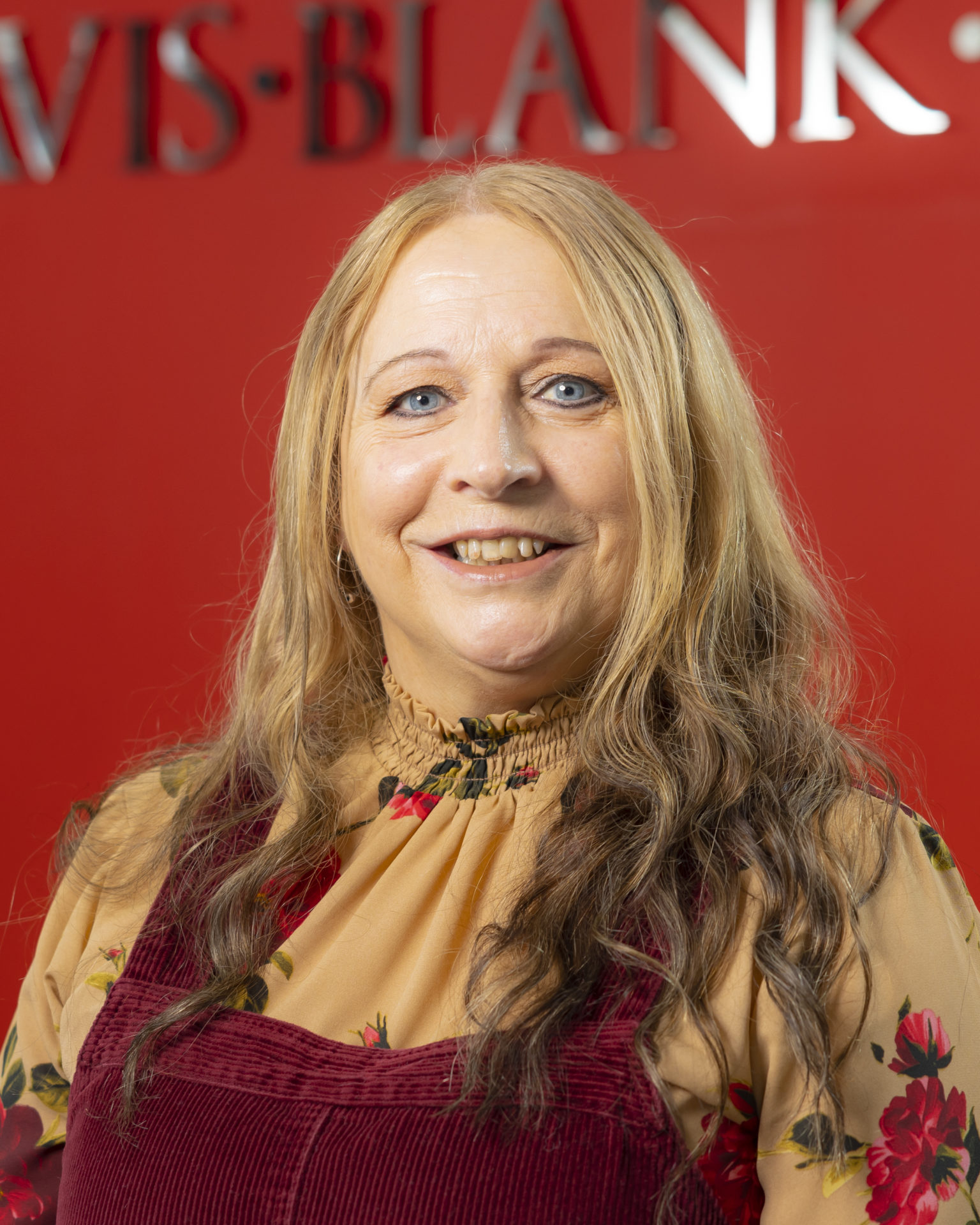In family law in England and Wales, an undertaking is a formal, legally binding promise or commitment made by one party to a family law case to the court, the other party, or both. Undertakings are often used in various family law matters to address specific issues, ensure compliance with court orders, or establish certain conditions. They are a means of providing assurance that a particular action or behaviour will be carried out.
Common examples of undertakings in family law include:
Undertaking Not to Harass or Molest: In cases involving harassment, domestic violence, or child protection, a party may give an undertaking not to harass, molest, or contact the other party or the children involved.
Undertaking to Pay Financial Support: Parties may provide undertakings to make financial payments, such as child support or spousal maintenance, which are legally enforceable and carry penalties for non-compliance.
Undertaking to Secure Debts or Assets: An individual may offer an undertaking to ensure that a debt is paid or an asset is secured for the benefit of the other party, particularly in financial disputes.
Undertaking to Return a Child: In cases related to child custody or visitation, an undertaking may be given to ensure the prompt return of a child after visitation periods.
Undertaking to Comply with Court Orders: Parties can provide undertakings to commit to following court orders and directions.
Undertakings are taken seriously by the court, and breaching an undertaking can result in legal consequences, including fines, imprisonment, or other sanctions, depending on the nature and severity of the breach. These formal promises provide a practical and effective way to address specific issues and concerns in family law cases, allowing parties to come to mutually agreed-upon solutions while ensuring accountability.





























